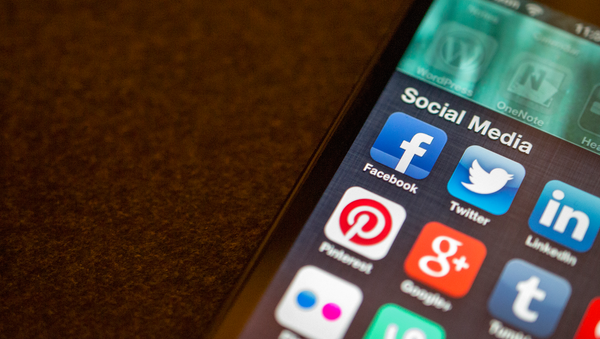Chip Gibbons, legislative counsel at Defending Rights & Dissent, joined Radio Sputnik's Loud & Clear to talk about what the decision means for mass surveillance in America.
The case of Carpenter v United States centered on the surveillance of Detroit, Michigan resident Timothy Carpenter. After a robbery in 2011, Detroit police began gathering thousands of data points from Carpenter's cell phone provider, eventually amassing 12,898 location points over the course of 127 days — all without obtaining a warrant from a judge.
The Fourth Amendment to the United States Constitution, protects citizens against "unreasonable searches and seizures" by the government. Therefore, before searching a person's home, for example, police have to establish "probable cause" before a judge, who then issues them a search warrant — or doesn't, if law enforcement fails to reach that standard.
After the 1960s, the Supreme Court "began articulating this idea of a ‘third party doctrine,' which means if you give business records to a third party you don't have a Fourth Amendment interest," Gibbons told Loud & Clear hosts Brian Becker and John Kiriakou. "So they can go to a bank and subpoena your bank records because they're supposedly not your records, they're the bank records."
— ACLU (@ACLU) June 22, 2018
— Edward Snowden (@Snowden) June 22, 2018
"In this case, you know, [the third party] records were with the cell phone company. The defendant in it, Timothy Carpenter, was accused of robbing a Radio Shack and a T-Mobile store and the government went to his cell phone provider, got his cell phone records and were able to pinpoint his location… and place him in the vicinity of the crime," Gibbons explained.
— Paul Ohm (@paulohm) June 22, 2018
"The government [prosecutors] said, you know, these are just third-party records, but the majority of the court, well, declined to overturn the third-party doctrine."
However, the ruling is being seen as a victory for privacy advocates, as the court ruled that there was "an exceptional privacy interest in these documents because it's your location information and it gives the government sort of a perfect total surveillance of you, to have that type of information," Gibbons noted.
— Jameel Jaffer (@JameelJaffer) June 22, 2018
While calling the ruling a "great victory for privacy," Gibbons said it doesn't go far enough.
The journalist elaborated on other highly invasive searches that still don't require a warrant. "I wish they had gone further, you know — [this was an] extremely narrow ruling," he said.
"It doesn't apply to anything outside cell phone location data which, I mean, obviously there's a lot of questions about: what if the government subpoenas your emails from Gmail, or your Google search history, or something like that?"
"It would be nice to have a decision that firmly puts that in the Fourth Amendment protected area, but the court likes ruling very narrow only and avoiding the main issue," Gibbons observed. "In any case, the ruling ‘opens the door' to more positive rulings in mass surveillance cases, but it's not a ‘slam dunk,'" he said.




